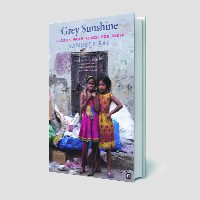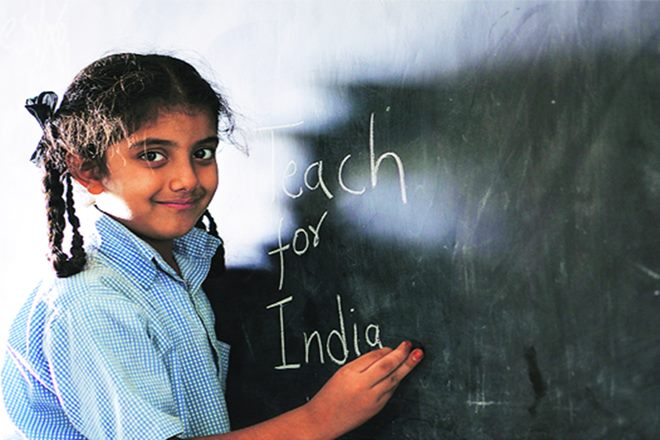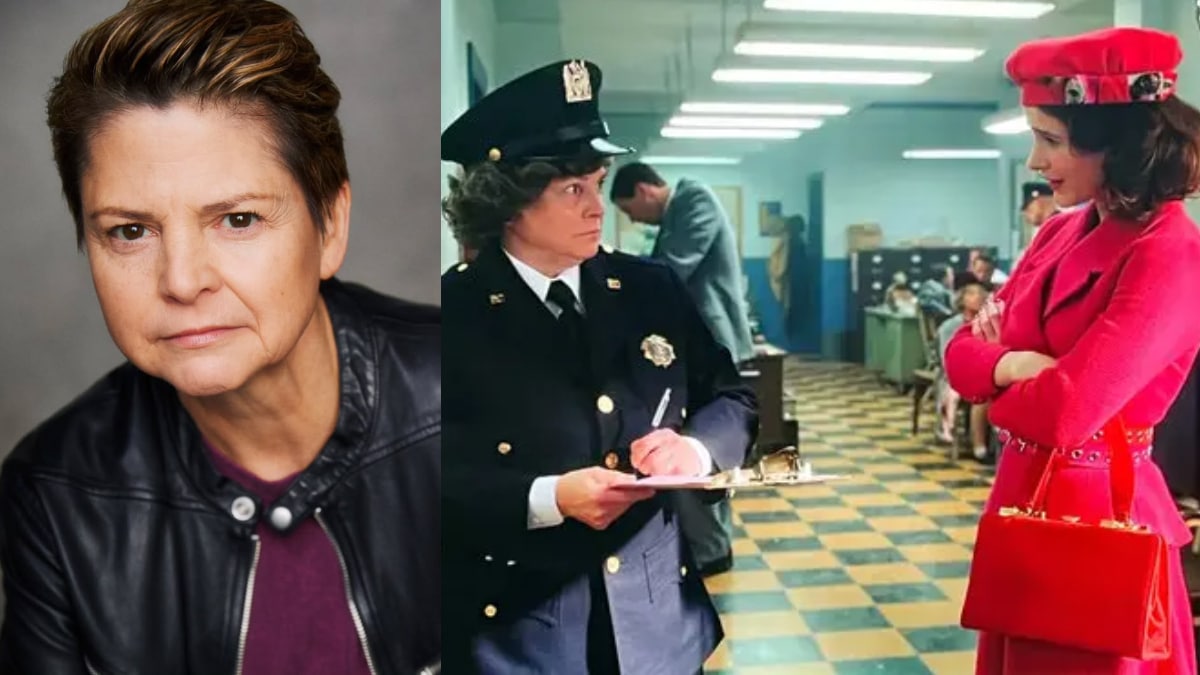Grey Sunshine puts the spotlight back on a national crisis that India has been wrestling with for an extended period now. Readers are faced with the stark reality of a nation’s predicament, stepping into the shoes of some of the most underprivileged children battling numerous societal injustices, poverty being the most rampant of them.
Their endless struggles have touched the hearts of a few individuals from different walks of life. Instead of suffering helplessly from within, they have joined Teach for India, a two-year fellowship programme that places young graduates or professionals as full-time teachers in government classrooms across the country. The accounts of these students and teachers bring forth the struggle to mend a broken education system.
Sandeep Rai, the author, is also the chief of city operations at Teach for India. He takes up a number of individual cases in various chapters — most of them are girl children for whom going to school is like an Achilles heel.

Right in the first chapter readers meet Yasmin, a girl from a conservative background, facing insurmountable challenges from her family, and society at large, all coming in the way of her education. Yasmin’s is the story of girls from similar backgrounds.
Statistical figures corroborate the tragic denouement that such cases meet — girls are often forced to drop out of school and succumb to their parents’ wishes.
Yasmin, from Jahangirpuri in Delhi, is forced to leave school and enter a ‘Madrasa’ because of her father’s belief — or more appropriately regressive thinking — that modern education will corrupt his daughter culturally.
Thirteen-year-old Pradnya can give a fight to Yasmin in terms of the tragic quotient of her story. The girl, who lived in one of Pune’s slums and was taught by one of the fellows of Teach for India, set herself on fire after her mother scolded her.
It’s not just the taught — even teachers have their share of unique experiences, which the book highlights in similar vein.
Tarun Cherukuri, a former Teach for India fellow who studied in BITS Pilani, left a cushy, high-paying job in Hindustan Unilever and went to study in Harvard Kennedy School of Government. Later, Cherukuri collaborated with his friends from MIT, Harvard and Yale and came back to Delhi to help children like Deepak, who was discriminated against in private schools because of his class. Through Indus Action, Tarun tried to ensure that lakhs of students from low-income groups get access to the benefits of free, quality education over the next few years. They also helped these kids secure admission in a private school and be treated equally and fairly like all other students.
Apart from Yasmin, Pandya and Tarun, there are multiple others fighting their fate, making one realise that while it is comparatively easier to work on a child’s literacy levels, very few are able to bring a radical change on education with a thorough and deep understanding of the ‘other’.








